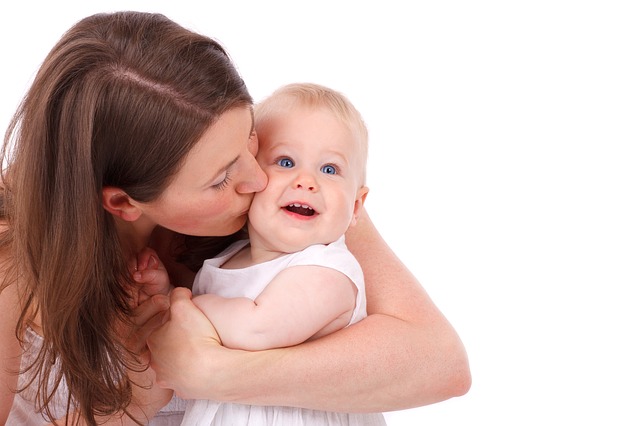Premature Baby Care Professional Guide
Hopefully, they have spent time with their child’s healthcare team learning all the ins and outs of caring for him or her at home. There is a lot to know. In this guide, you will learn some of the most important points of premature baby care.
We have divided this guide into two sections: preparing to go home and providing care in the home. Please note that the information you find here is general in nature. Each premature baby is a unique person with unique needs, as are his or her parents. Therefore, every premature birth has to be dealt with on a case-by-case basis.
Preparing to Go Home
The first step in getting ready to provide premature baby care at home is to actually make preparations to go home. Part of the preparation process involves education, but there are also support systems to put in place and things that have to be procured for home care.
In most cases, parents preparing to take a premature baby home are afforded the opportunity to ‘room in’ for a few days prior to discharge. Rooming in is a scenario in which parents stay at the hospital, in a room close to the neonatal unit, so that they can provide 100% of the care the child needs. The nursing staff is on hand in case any emergencies should arise. They are also there to answer questions and offer advice.
Preparing to go home also involves a bit of organisation. Parents should compile contact information for healthcare professionals and social services they will need access to. Any special services the baby needs will have to be arranged before discharge. If time off from work will be required for either parent, that will also have to take care of.
Lastly, preparing to go home requires a bit of education. Premature baby care can be quite different depending on the needs of the individual child. Parents have to learn how to feed and bathe their babies. They have to learn how to comfort and reassure them, how to administer medications, how to use specialised medical equipment, and so on.
Providing Care in the Home
Once parents have their child at home, premature baby care begins in earnest. They now assume all the responsibility of day-to-day care, which can be a scary thing at first. The question many parents ask on the first day of home care is, “what do we do now?”
A good place to start is getting a handle on ways to prevent the baby from being exposed to common illnesses and infections. They can do things like regularly washing their hands, using disposable tissues, and being sure to keep the baby’s immediate environment especially clean.
Parents should be sure to employ the safe sleeping practices they learned in the hospital so as to avoid further complications. They should be prepared for potential problems by closely monitoring for signs or symptoms that something might be wrong. Indeed, observation is a parent’s best tool for identifying and addressing problems as quickly as possible.
We have barely scratched the surface in this guide to premature baby care. Thankfully, parents of premature children are never truly alone. There are numerous support groups ready to come alongside and help, along with healthcare professionals who will provide treatment for as long as it is necessary. With the right kind of support and professional help, parents can offer safe and effective premature baby care.

